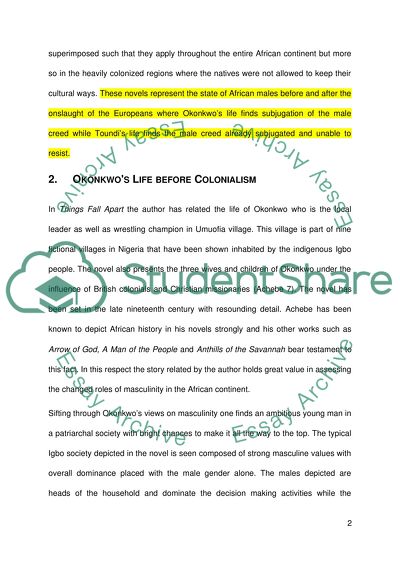Cite this document
(“Changed men's role and expectation of the gender role in Africa and Essay”, n.d.)
Retrieved from https://studentshare.org/literature/1584551-changed-mens-role-and-expectation-of-the-gender-role-in-africa-and-the-influence-of-colonialism
Retrieved from https://studentshare.org/literature/1584551-changed-mens-role-and-expectation-of-the-gender-role-in-africa-and-the-influence-of-colonialism
(Changed men'S Role and Expectation of the Gender Role in Africa and Essay)
https://studentshare.org/literature/1584551-changed-mens-role-and-expectation-of-the-gender-role-in-africa-and-the-influence-of-colonialism.
https://studentshare.org/literature/1584551-changed-mens-role-and-expectation-of-the-gender-role-in-africa-and-the-influence-of-colonialism.
“Changed men'S Role and Expectation of the Gender Role in Africa and Essay”, n.d. https://studentshare.org/literature/1584551-changed-mens-role-and-expectation-of-the-gender-role-in-africa-and-the-influence-of-colonialism.


